Recent health and wellness news from across Columbia.
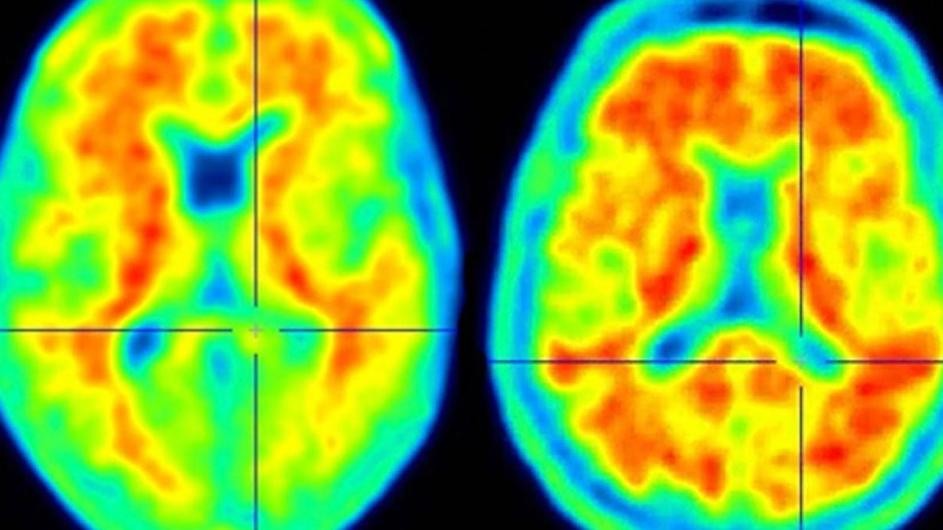
The discovery could lead to new types of drugs to prevent and treat the disease.
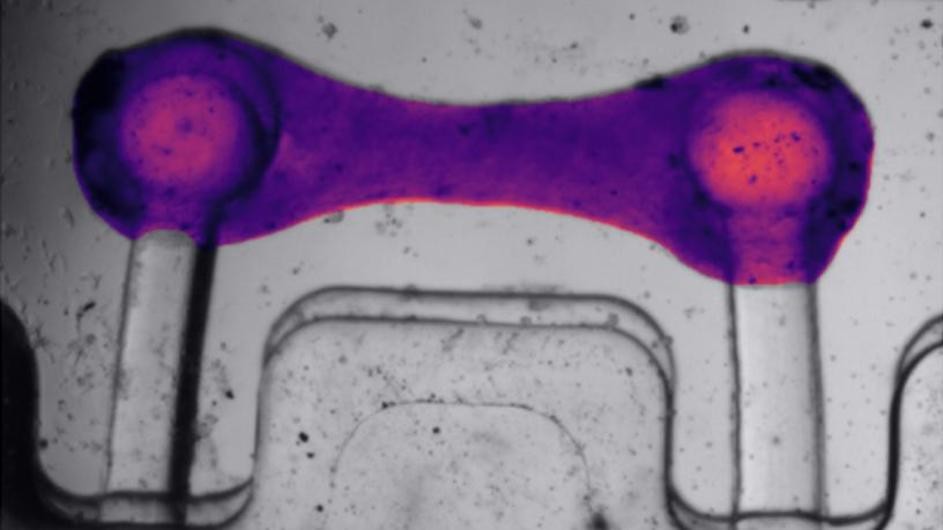
Columbia biomedical engineers unveiled a groundbreaking new AI tool to study and diagnose heart function.
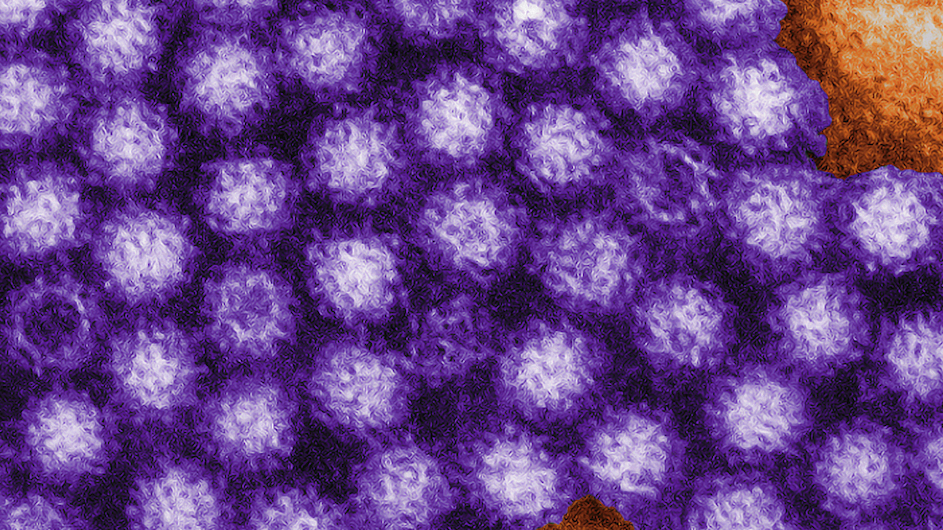
A Columbia study showed that the technology can eradicate more than 99% of virus particles in a real-life setting outside a lab.
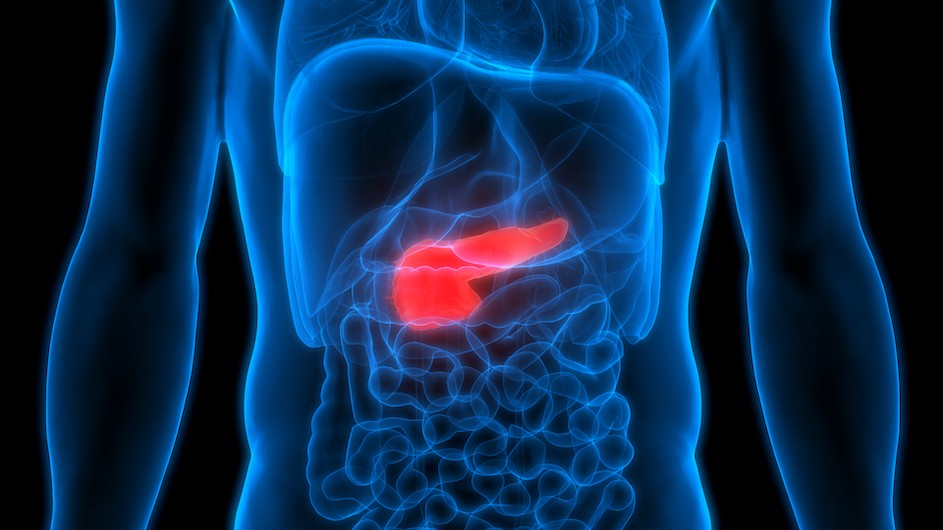
A new type of investigational therapeutic in development has shown unprecedented tumor-fighting abilities.
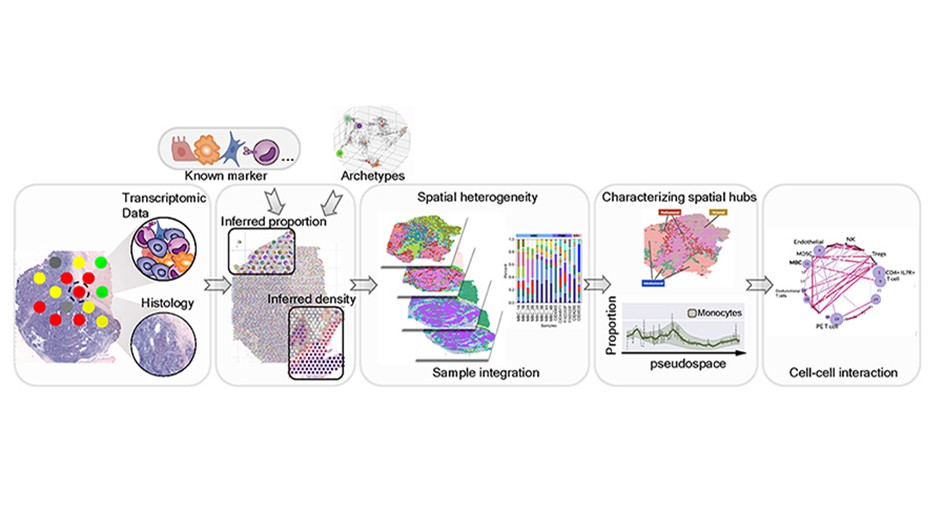
The tool could help scientists fight cancer by improving their understanding of tissue development, function, and disease.

The Obama Presidency Oral History releases 26 new interviews and 400 new stories related to healthcare reform on an innovative new website.

A new survey of the skin’s primary sensory neurons has upended old assumptions.

Timely guidance can empower patients to advocate for their health throughout life, according to new Columbia research.
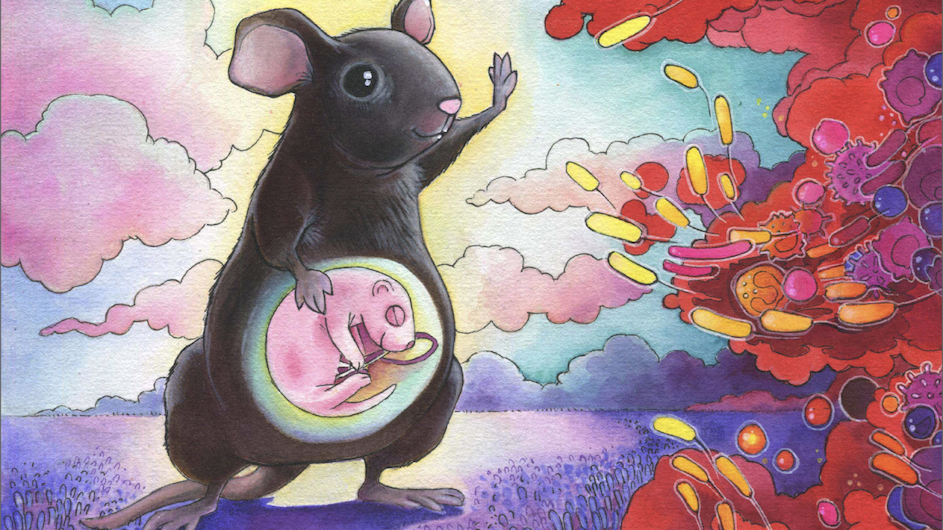
Columbia stem cell scientists have a new theory.
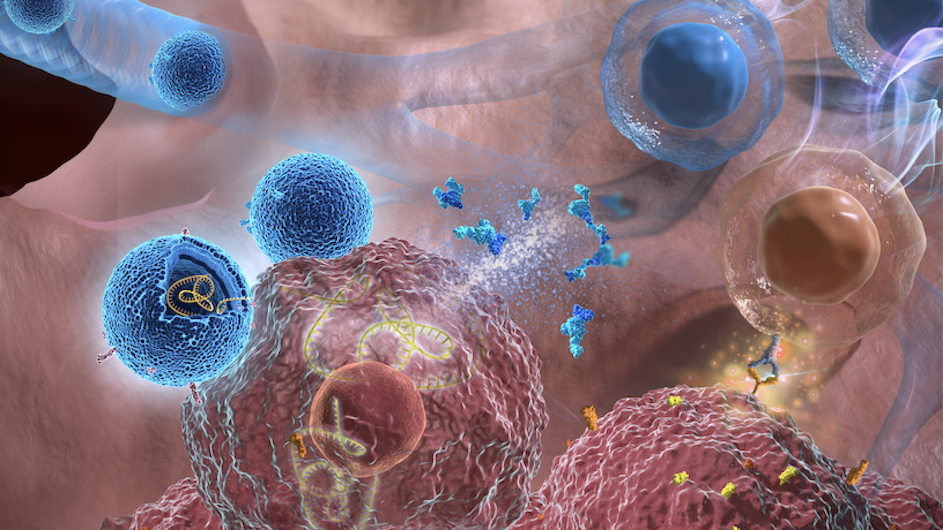
The Columbia engineers who developed the new technique are working with campus oncologists to bring their work to patients.
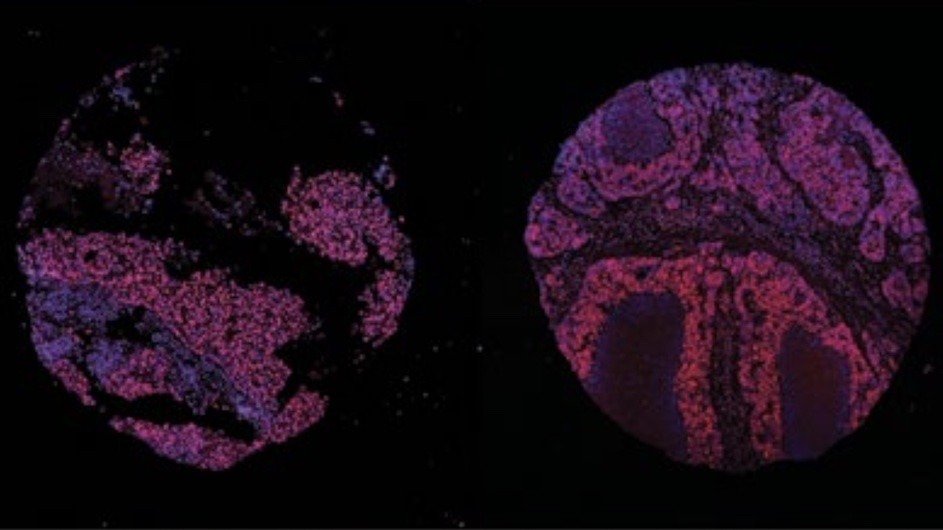
Columbia researchers have found a molecule that rouses dormant breast cancer cells, and a way to suppress it.

A study is shedding new light on how the brain identifies familiar individuals and recalls past experiences with them.